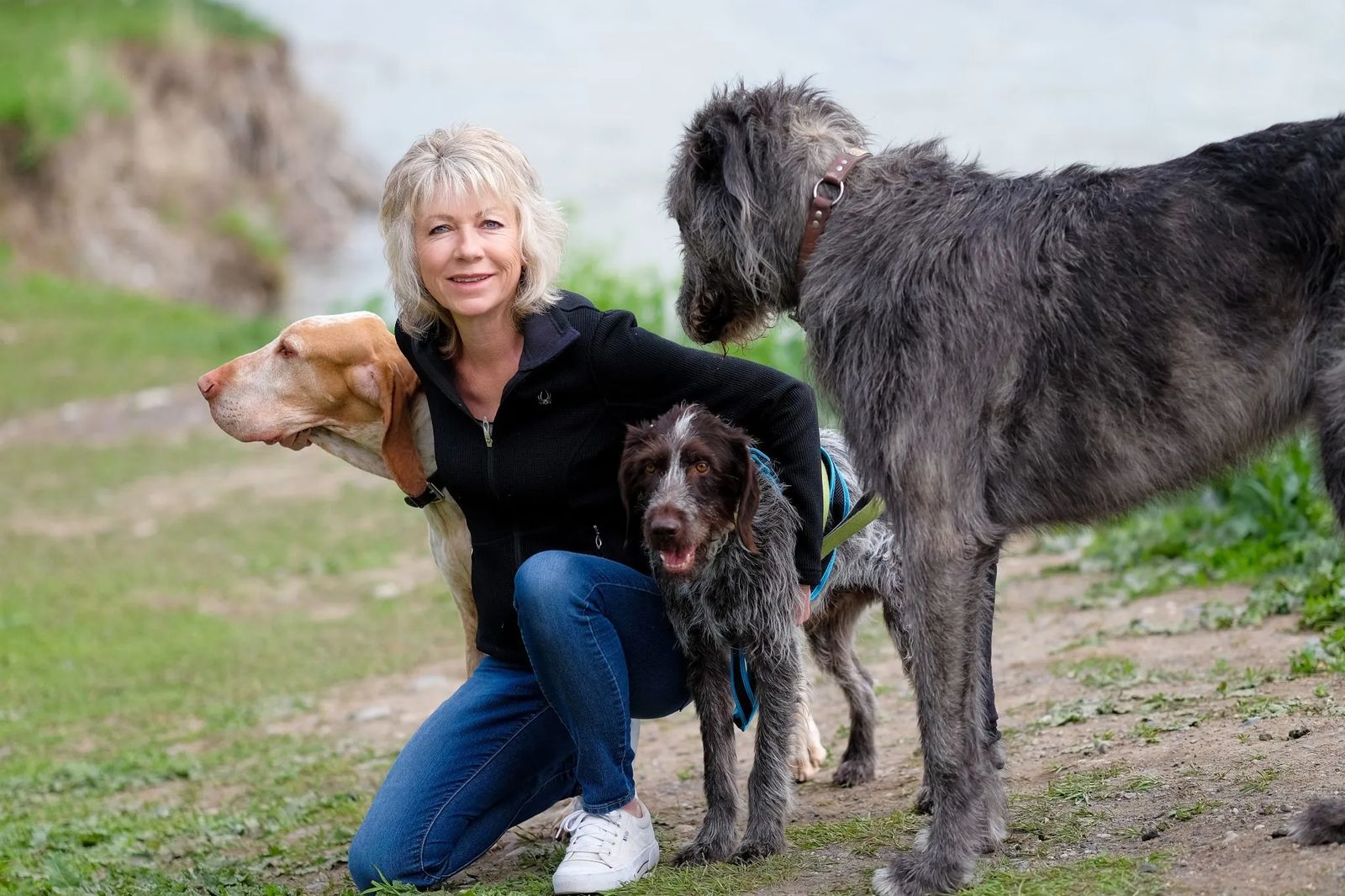
Life After Retirement
Creating purposeful days post career
With many of us living longer, healthier lives, it is safe to say the golden years of retirement just aren’t what they used to be. This is not your mother’s kind of retirement! Today’s professional life demands executive skills, accountability, and responsibility. Now, women are searching for ways to make sure they have a challenging and meaningful life post-career, one where they remain fully engaged in all life has to offer. Yes, money is important and most of our efforts toward retirement planning seem to be focused on building up finances. But, there’s more to the retirement picture than money alone. There are the emotional, psychological and social aspects of saying goodbye to your ‘nine-to-five.’
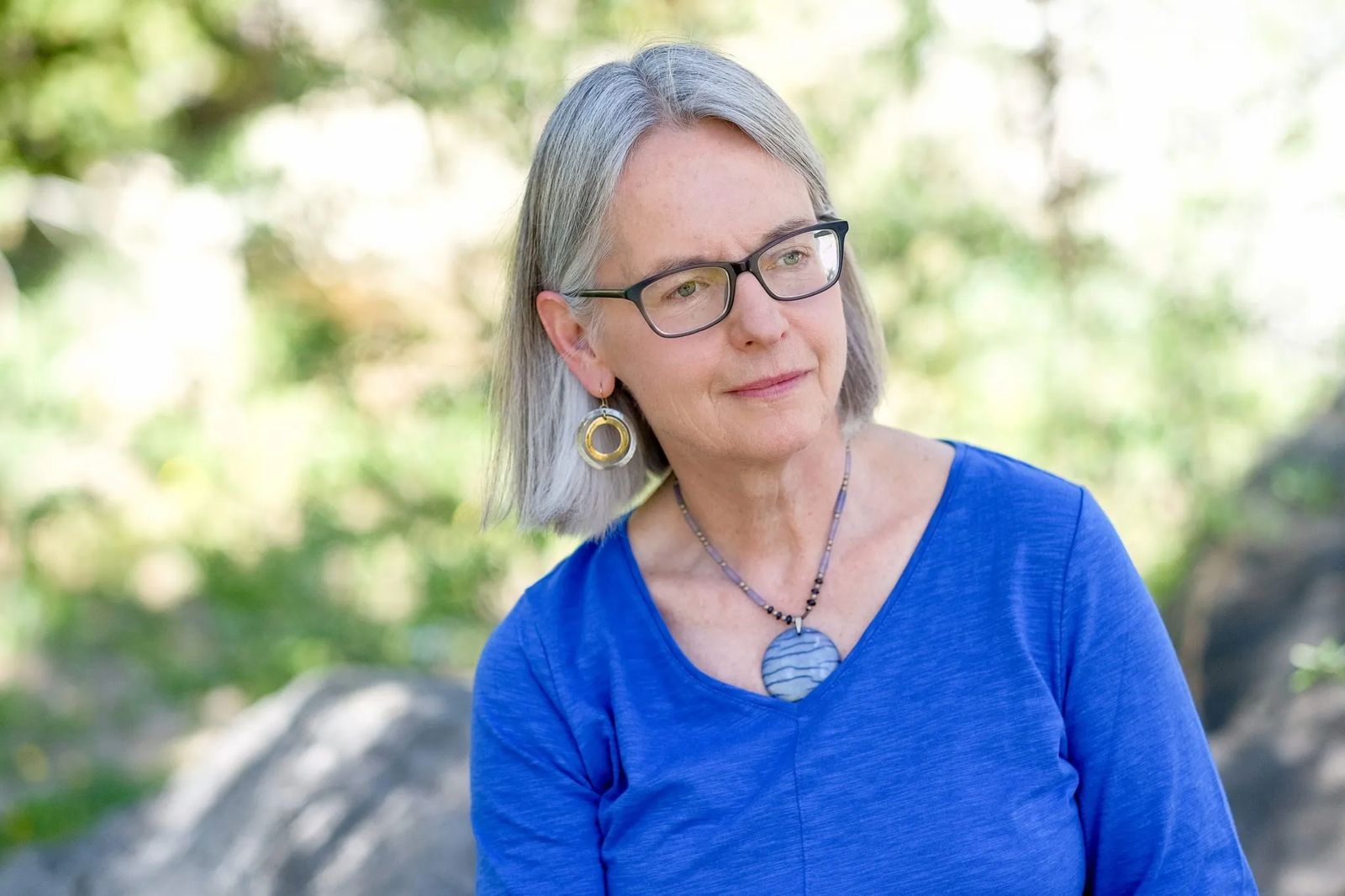
SO WHO ARE YOU NOW?
A little more than two years ago, Janet Dietrich, M.D., left the practice of gynecology after 38 years. “It was interesting how everyone assumed I was retiring because I was of that ‘certain age.’ I bristled at that,” Jan says today. Questions arose. What did she have to offer now? She says, “Who am I if I am not Dr. Dietrich?” She wanted to “rewire” (a better term than retire, she thinks) in a way that was in tune with her values. And, she wanted to make some valuable contributions along the way. She paused to explore. She called it “nesting,” or time to figure out what she could do that would feed her soul. “While you are working, you become so busy with daily life, that you forget who you really are apart from your job,” Jan admits.
For most of us, our work is our identity. When we tell someone what we do, we inadvertently tell people what we are capable of, who we know and how we fit into the social landscape. When we leave the workplace, how will we introduce ourselves, as who we are or who we were?
For Jan, taking the time to “nest” helped her discover her next journey in life.
“I noticed an ad for a mindfulness training institute and decided to attend. There, I finally found a way to combine my medical background and my desire to promote patient-centered wellness by teaching mindfulness.” She now works with individual clients, business groups and even a law firm to promote wellness and help clients take charge of their own healthcare.
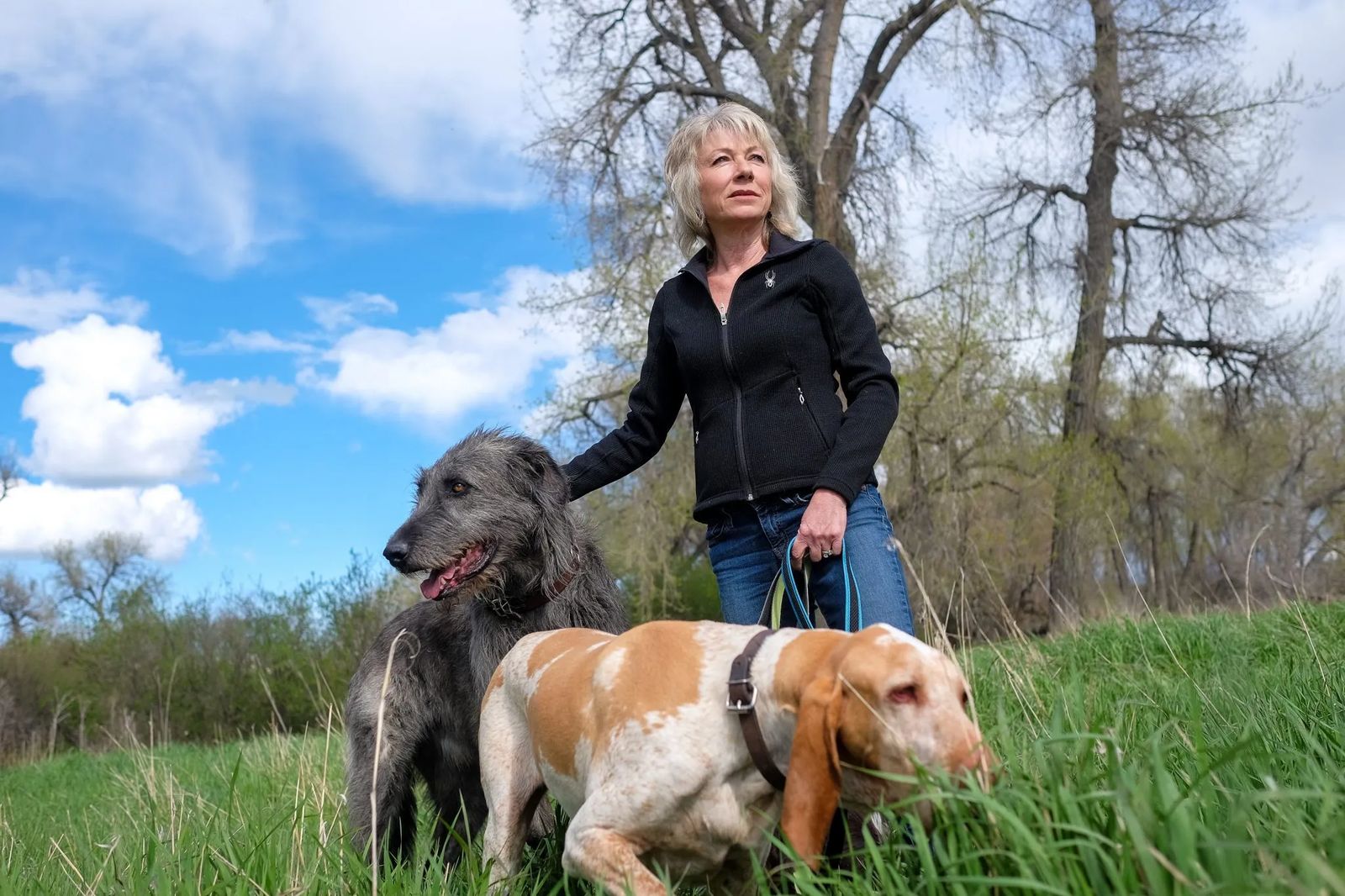
WHAT ABOUT YOUR SOCIAL PORTFOLIO?
Although it’s been 15 years since Carol Bradford left her job in sales, her days stayed full as a homemaker and avid school supporter. For years, her identity had been “Jake’s or Jen’s mom.” She put on spaghetti feeds for the football team and cheered during team games. With her children graduated, her life’s purpose has changed. She’s no longer chairing fundraisers or heading up parent committees for athletics. She’s also graduated from the social outlets that, at one point, filled her calendar. Her solution? “Get a dog to get you out of bed in the morning. You can’t lounge around when you have an animal that needs to be walked,” Carol says.
Carol has also found a fresh group of friends at the gym, which she frequents daily, and she recently joined The Transition Network, a group dedicated to embracing life after 50. This group, whose sole focus is to make new connections and seek out new opportunities, gets together regularly for great chats and activities. Carol says having these dates built into her schedule helps her to stay in sync with the mainstream.
Carol discovered new kinds of “social assets,” to build new personal connections. You can do the same. Think book clubs, travel groups, or volunteer opportunities to help spark new relationships. What women have working in their favor is we tend to form friendships better than men. The result is a wider circle of friends and acquaintances that help us to live long, fulfilling lives.
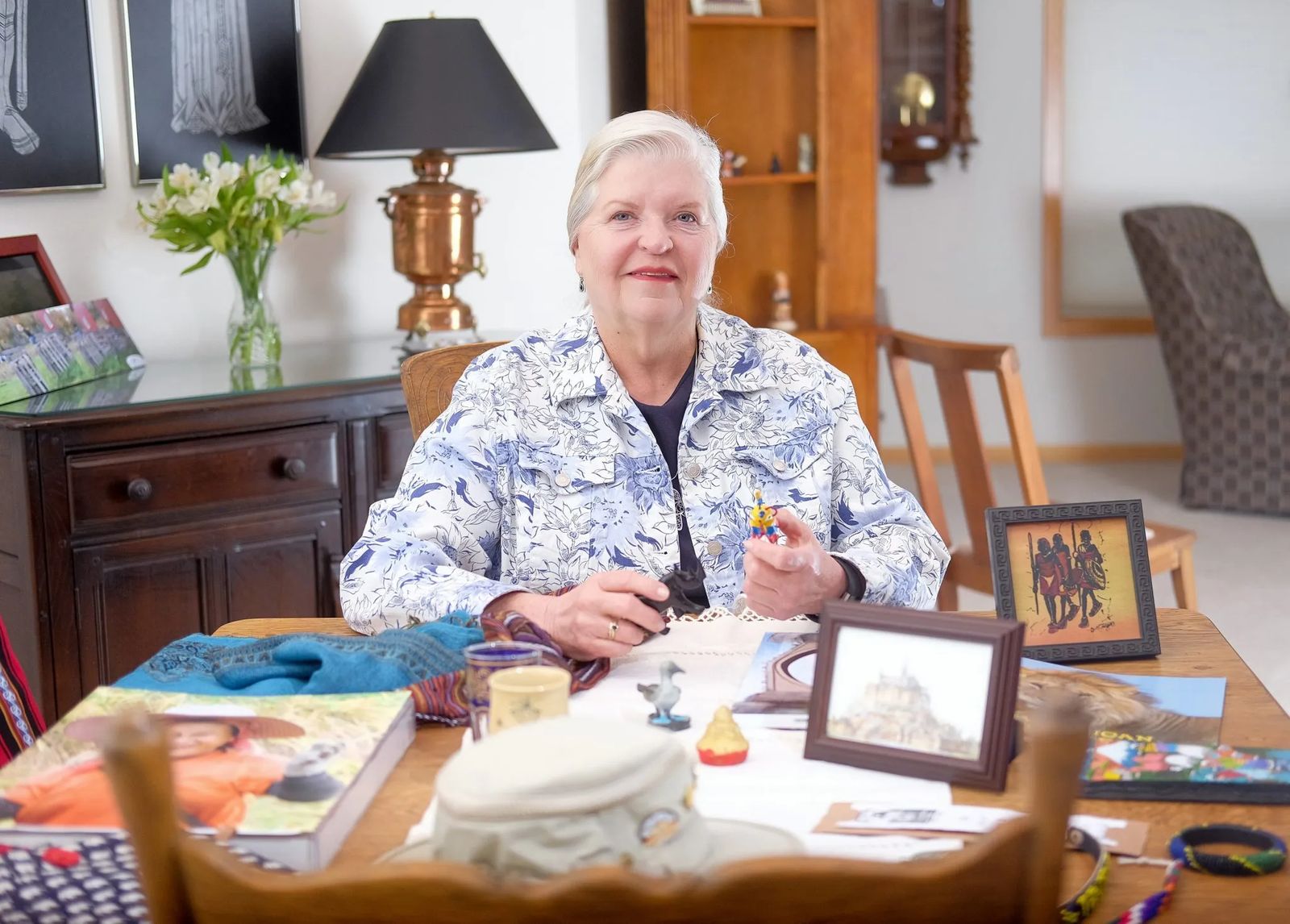
BUT WHAT IF YOU’RE SINGLE?
Susan Rose is a retired Certified Financial Accountant who made sure to develop a robust circle of friends outside the workplace before retiring. As a single person, Susan considers herself independent. She’s comfortable doing things on her own. She remains an active member of the Montana Association of Female Executives, is an avid mahjong player and takes on volunteer projects that are easy to fit around her blossoming travel schedule. She’s found a travel company that lets her book single rooms without penalty and is known for its like-minded clientele. Susan shares, “I’m doing the more demanding places like Nepal and Morocco first while I can still hike with ease.” And just to make sure she can keep packing her bags for exotic trips, she stays active so her health won’t hold her back. Susan shares, “You just have to get up and get going,” whether the mission is to get to the gym or to traverse the streets of some distant land.
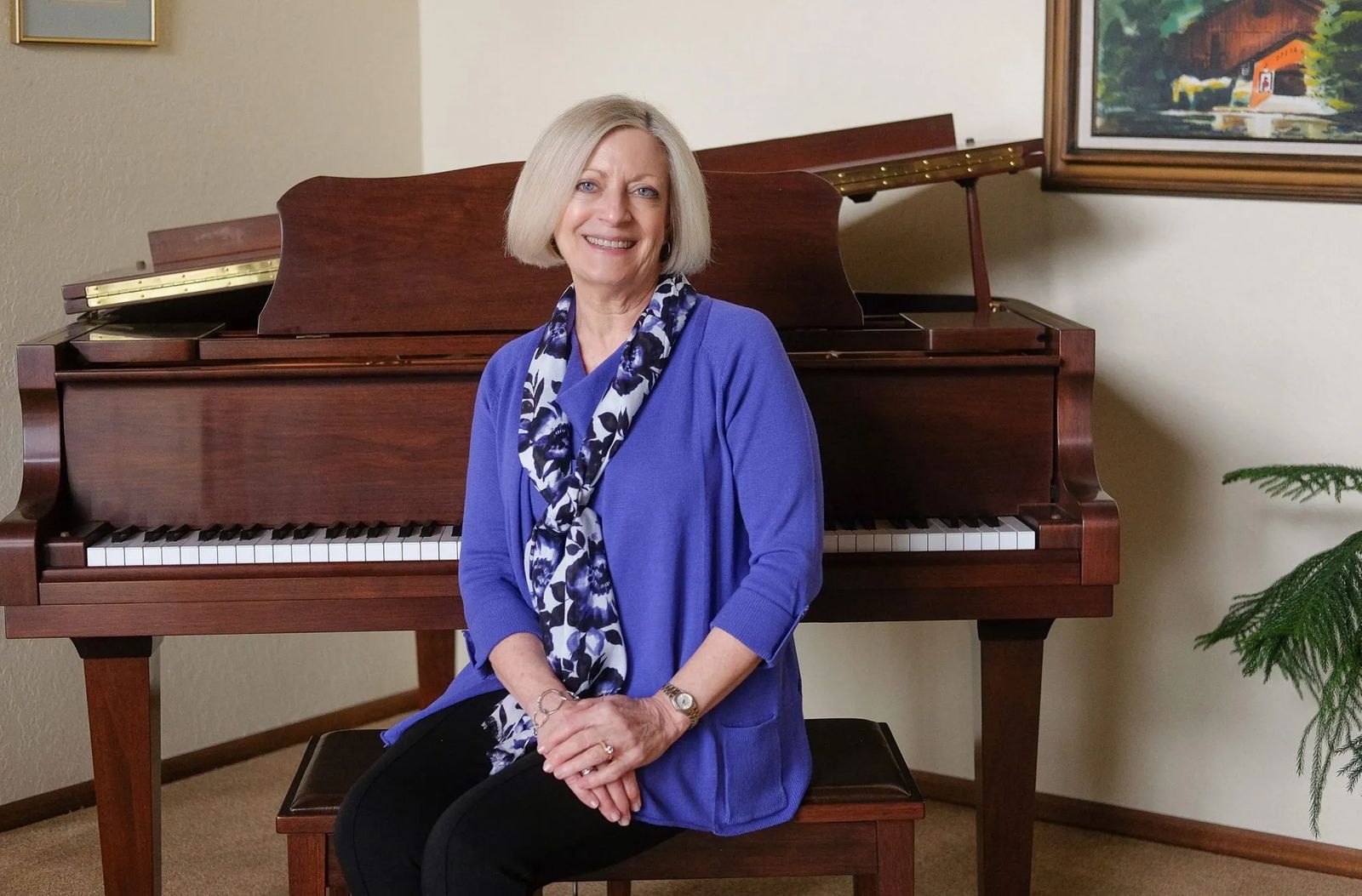
FIND YOUR PASSION
You could say Lynn Marquardt planned for the transition into retirement. Two years before she decided to leave her classroom teaching French at Billings West High School, she started serving on the Billings Symphony Board. Lynn found that having something “waiting in the wings” made the transition into retirement easier. Not only did she serve as president of the Billings Symphony, she’s now the president of the Montana Association of Symphony Orchestras. Lynn says, “I became more passionate about it than I would have thought. It gave me a way to do and try new things, like getting up in front of a symphony audience, which I never thought I could do.” Her interest in the symphony was a logical extension of her childhood experiences. Lynn had taken piano lessons since the age of 8 and still practices daily.
People often find their passions when they rediscover and build on former interests. Finding that purpose injects meaning into our lives, helping us to feel part of “something bigger than ourselves”.
Today, when Lynn opens her appointment book, it is filled with activities. Lynn stresses, “It’s important not to retire from life. You need to make a satisfying retirement happen. You need to overcome inertia.” She emphatically adds, “Do more than you think you might want to do. Just do it!”














